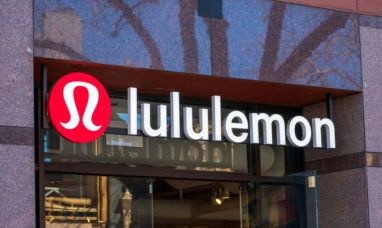Health technology giant Philips (NYSE:PHG) experienced a fourth consecutive drop in order intake, leading to concerns about uncertain global market conditions. As a result, the company’s shares declined by 5% from their recent 12-month high. The Amsterdam-based group, which now focuses on medical technology after transitioning from an industrial conglomerate, reported an 8% decrease in order intake during the April-June period, marking the fourth consecutive quarterly fall.
One of the major concerns expressed by Philips is the evolving relationships between the United States, China, and the European Union. Additionally, the company is closely monitoring China’s efforts to achieve self-sufficiency in critical technologies, particularly in health-related areas. Despite these concerns, the company’s CEO, Roy Jakobs, remains positive about the robust demand for their products in China, following his recent meetings with the company and government officials in the country.
During the quarter, Philips saw a noteworthy 15% increase in sales in its growth geographies region, with significant contributions from China, the Middle East, Turkey, and Latin America. Approximately 15% of the group’s sales are generated in China.
However, the company faced challenges in Russia due to new licensing requirements for its healthcare products, resulting in a decline in orders. Nevertheless, Philips continues to deliver hospital equipment to Russia, while refraining from providing personal healthcare products, in line with Western sanctions following the country’s actions in Ukraine.
Looking ahead, the company is optimistic about the second half of the year, expecting increased orders driven by strong demand for its diagnostic imaging and ultrasound devices, as well as its data analysis tools. Consequently, Philips slightly adjusted its full-year targets, now anticipating mid-single digits in comparable sales growth, compared to the previous guidance of low-single-digit growth. The adjusted EBITA margin is also expected to be at the upper end of the previously forecasted high single-digit range.
While some analysts at ING maintained their hold rating on the stock, they noted that the new guidance did not appear overly challenging given the company’s strong first-half figures. Despite rising to 20.845 euros earlier in the week, the Amsterdam-listed shares fell by as much as 7.7% and were trading 5.6% lower at 19.67 euros as of 11:03 GMT.
Featured Image: Freepik @ kuprevich















